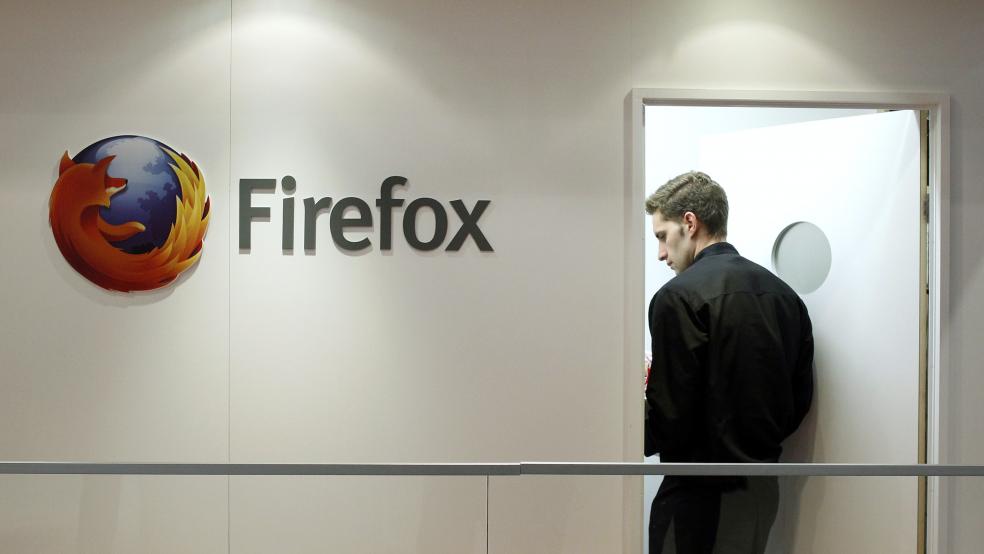Even miles away from Silicon Valley, you could see this coming. Brendan Eich resigned from the Mozilla Corporation on Thursday, less than two weeks after being elevated to the chief executive’s job at the maker of the popular Firefox open-source web browser.
Controversy erupted within days of Eich assuming the role when it was made public that in 2008 he made a $1,000 donation to back Proposition 8, the California ballot initiative to ban gay marriage. This donation came to light in 2012, but the ensuing criticism of Eich in the open-source community had died down — until he was named CEO.
Related: Microsoft's CEO Signals New Course
The backlash this time was immediate and intense. Suddenly, Eich was in the media spotlight trying to defend his action of six years earlier with what shouldn't have been too highly nuanced an argument: that his personal beliefs have nothing to do with how he runs his organization. In today's polarized political atmosphere, and in today’s tech world, that wasn’t enough to save his job.
"Mozilla has always worked according to principles of inclusiveness," Eich told tech website CNET two days before he resigned. "It may be challenging for a CEO, but everyone in our community can have different beliefs about all sorts of things that may be in conflict. They leave them at the door when they come to work on the Mozilla mission."
He Loves Me, He Loves Me Not
Of course, the controversy was about more than just Eich. Mozilla itself was thrust into the media spotlight, too, and there was justifiable concern that support from the open-source Mozilla community — the coders and other volunteer contributors involved with the Firefox browser and other Mozilla projects — would suffer.
Most notably, the online dating site OKCupid flat out told its users not to use Firefox, along with a note from the dating site's co-founder Christian Rudder that read: "Those who seek to deny love and instead enforce misery, shame, and frustration are our enemies, and we wish them nothing but failure."
Mozilla is a non-profit, founded in 1998 with the express purpose of promoting "openness, innovation and opportunity on the Web," and ensuring that "the Internet is developed in a way that benefits everyone." So while profits per se weren't at risk, in the eyes of the Mozilla board—and Eich himself—Mozilla's very reason for being potentially was.
Firefox is Mozilla's most high-profile product, and an attack on it was an attack on the organization's mission, a mission that strongly implied values like inclusiveness and tolerance, even though the Mozilla manifesto never comes right out and states them. Then, throw in LGBT rights by extension. This left little room for a conservative opinion on lesbian and gay marriage like Eich's.
Mozilla's headquarters are in Mountain View, Calif. So is Google's. Netflix's headquarters is in Los Gatos, not far from Mozilla or Google or the hundreds of other tech companies that populate Silicon Valley, which are themselves populated by young, typically progressive employees. And Silicon Valley itself is right down the peninsula from San Francisco, not exactly a bastion of conservatism either.
Eich's essentially forced departure as CEO from Mozilla didn't show the inclusive, tolerant side those on the far left—particularly those of the LGBT community—like to tout is exclusively theirs. Nor did Eich's ascension to CEO show clear headedness on the part of Mozilla's board. What were they thinking when they promoted Eich to chief executive? The board had reportedly interviewed some 25 candidates, and some directors wanted to pick a CEO from outside the organization. On top of all that, the $1,000 donation was, if not common knowledge, almost certain to surface.
This was a bomb waiting to go off, and boy did it ever.
Top Reads from The Fiscal Times:


